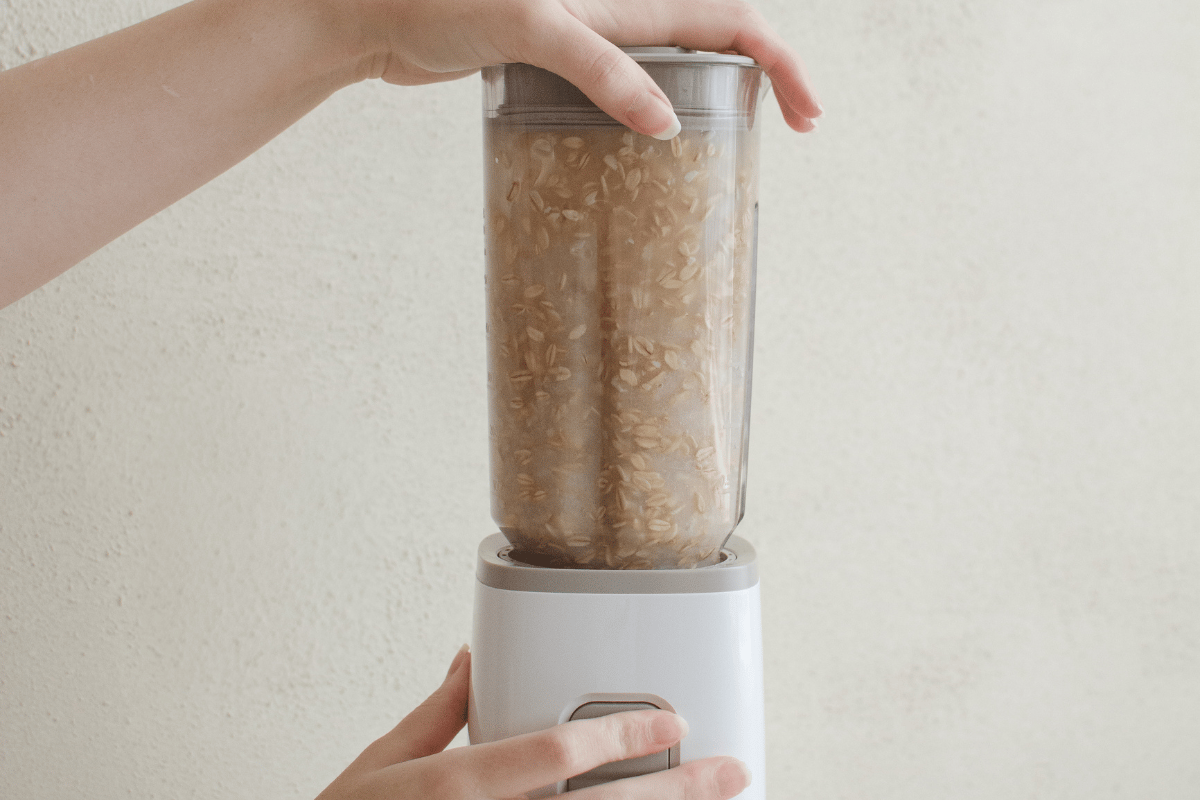
It's 2024, and we're in an age of weight loss drugs. Slimmed-down Kardashians. Questionable celebrity statements on losing weight. And viral diet trends like TikTok’s 'oatzempic' method.
And while we'd like to think the dieting landscape has changed dramatically, it makes you wonder: Have we really come a long way? Or has diet culture just been somewhat... re-packaged?
Because 'oatzempic' feels a lot like the Special K diet, rebranded. Or the infamous 'skinny tea' craze.
Watch: Speaking of wellbeing - let's talk about your mental health. Post continues below.
For the uninitiated, influencers on social media are touting the promise that replacing meals with 'oatzempic' — a drink of oats mixed with water works as a weight loss tool, much like semaglutide.
@withlove.renita Day 13 did a whole detoxification from my stomach and the inflammation in my knee/body for sure! I did the extra lime it tastes better and i think it help aid in the digestion too #weightlossdrink#weightloss#loseweight#oats ♬ original sound - R é n i t a 🪐
One TikToker in particular, by the name of Renita said, "Today is day 11. I've lost seven pounds already."
How, you ask? 'The 'oatzempic challenge', of course.
"I have a fasting window and I have an eating window. I use the oats to break my fast and then I still eat the same. I try to have two or three high-protein meals," she said. "Take my advice with a grain of salt. This is just what's working for me. Oats are just an addition because of this challenge I found on TikTok."
